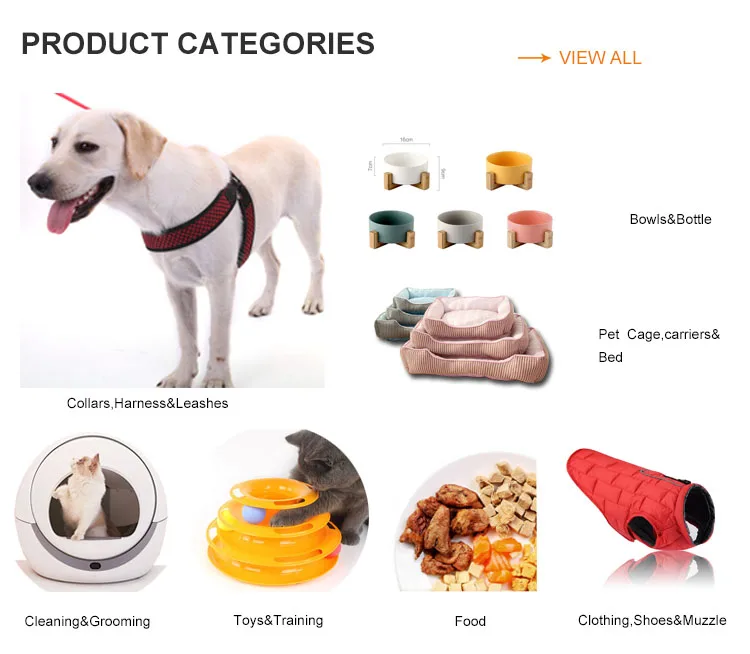Understanding the Connection Between Pets and Cancer: Essential Insights for Pet Owners
#### Description:As pet owners, we often prioritize the health and well-being of our furry companions. However, one alarming issue that frequently arises is……
#### Description:
As pet owners, we often prioritize the health and well-being of our furry companions. However, one alarming issue that frequently arises is the connection between pets and cancer. This article aims to shed light on this critical topic, providing valuable insights into how cancer affects our pets, the signs to look out for, and preventive measures that can be taken to ensure their health and happiness.
Cancer is a leading cause of death in pets, particularly in older animals. Just like humans, pets can develop various types of cancer, including lymphoma, mast cell tumors, and osteosarcoma. The risk factors for cancer in pets can be similar to those in humans, including genetics, environment, and lifestyle. Understanding these factors is crucial for every pet owner.

One of the most significant aspects of dealing with cancer in pets is early detection. Regular vet check-ups and being vigilant about any changes in your pet's behavior or physical condition can make a substantial difference. Common signs of cancer in pets include unusual lumps or bumps, weight loss, lethargy, and changes in appetite or drinking habits. If you notice any of these symptoms, it is essential to consult your veterinarian promptly.
Moreover, certain breeds are more predisposed to specific types of cancer. For example, Golden Retrievers and Boxers are known to have a higher risk of developing certain tumors. Understanding your pet's breed-specific risks can help you take proactive measures in monitoring their health.

Preventive care is another vital aspect of managing the risk of cancer in pets. This includes a balanced diet, regular exercise, and maintaining a healthy weight. Obesity is a significant risk factor for many types of cancer, so ensuring your pet stays active and eats a nutritious diet can help reduce their risk.
Additionally, vaccinations and regular screenings can play a role in preventing certain types of cancer. For instance, the vaccine for canine melanoma can help protect dogs from this aggressive form of skin cancer. Discussing vaccination options with your veterinarian can provide additional layers of protection for your pets.

In conclusion, the relationship between pets and cancer is a complex one that requires attention and awareness from pet owners. By understanding the risks, recognizing the signs, and taking preventive measures, we can improve the chances of early detection and successful treatment for our beloved companions. Remember, being proactive about your pet's health is the best way to ensure they live a long, happy, and healthy life. Regular veterinary visits, a healthy lifestyle, and being attentive to changes in behavior can make all the difference in the world when it comes to combating cancer in pets.